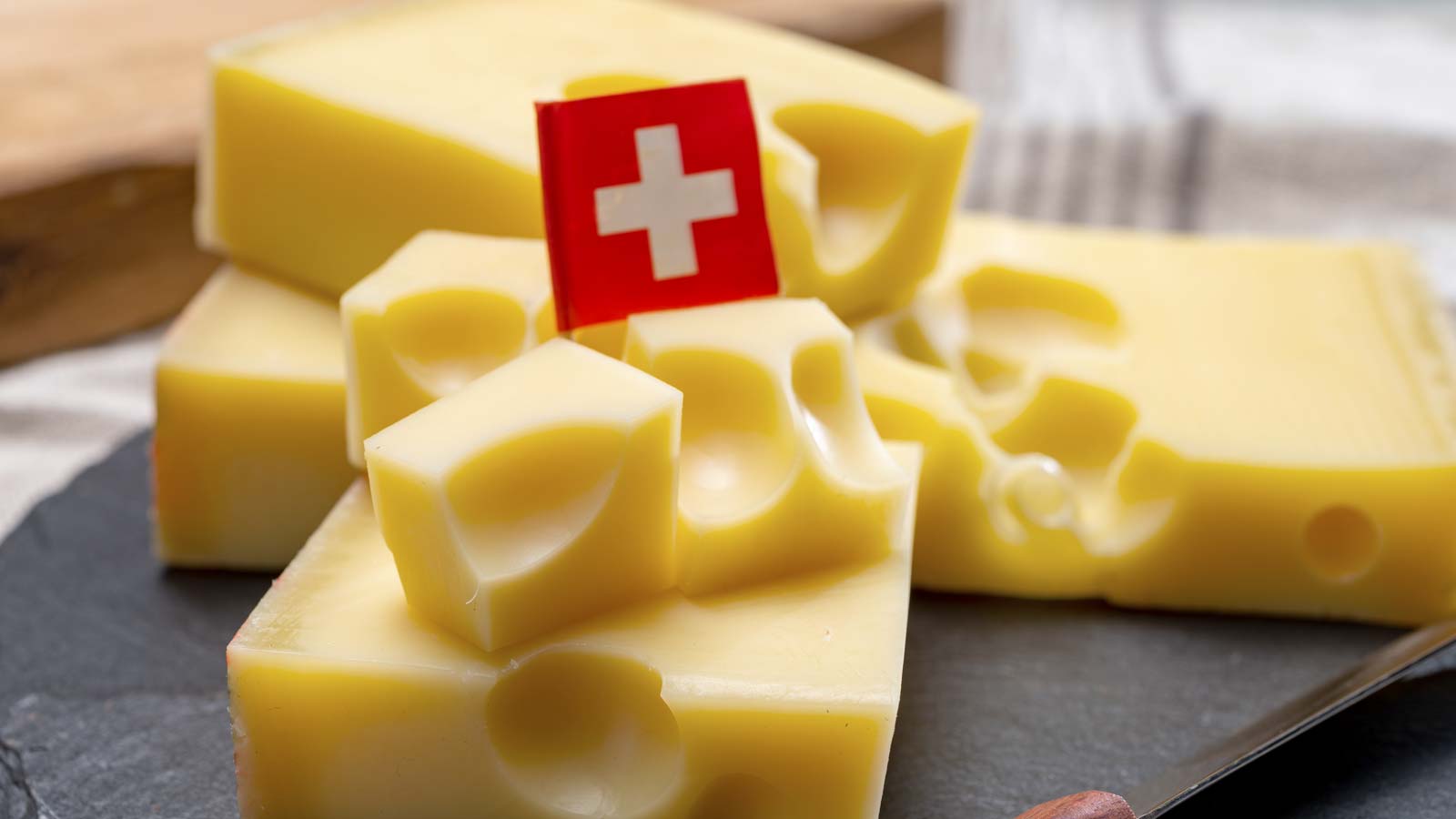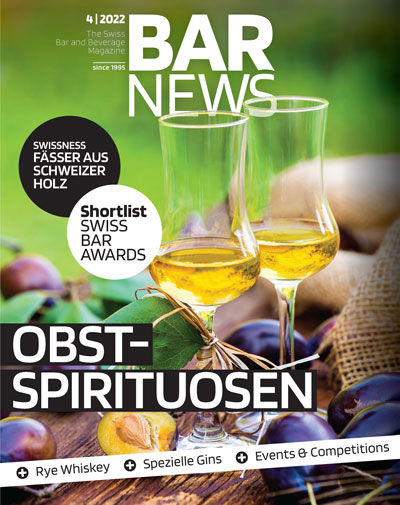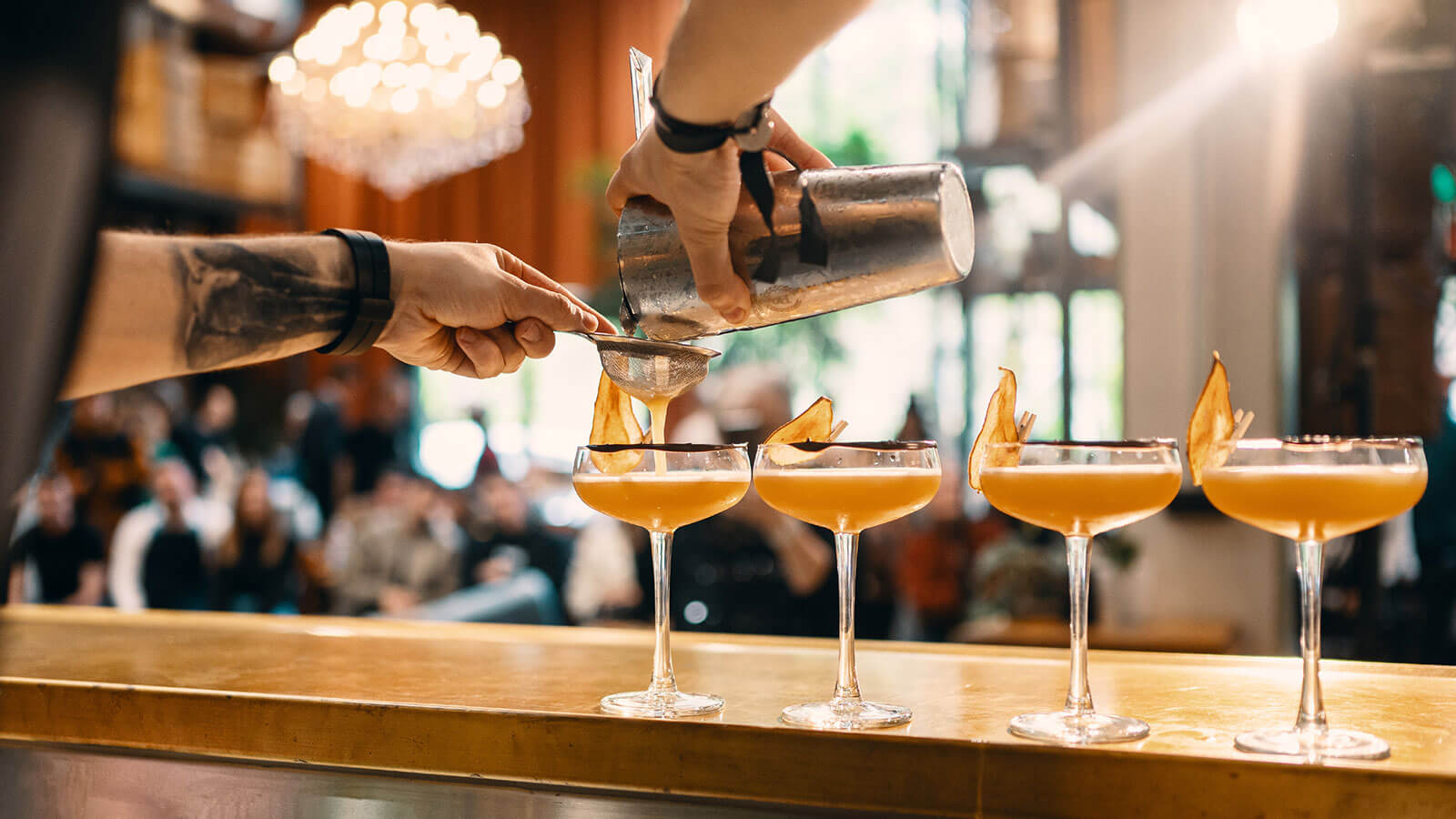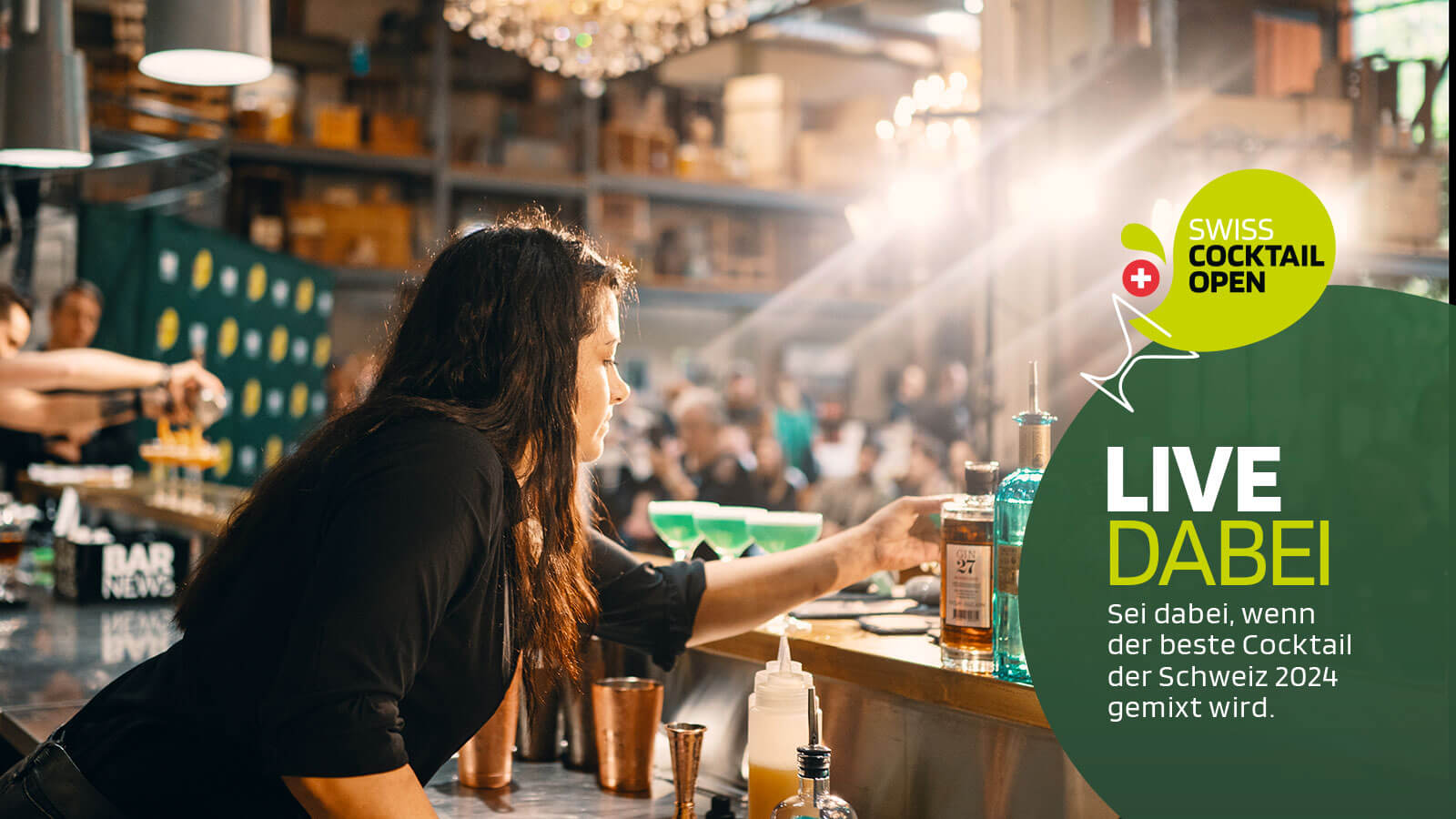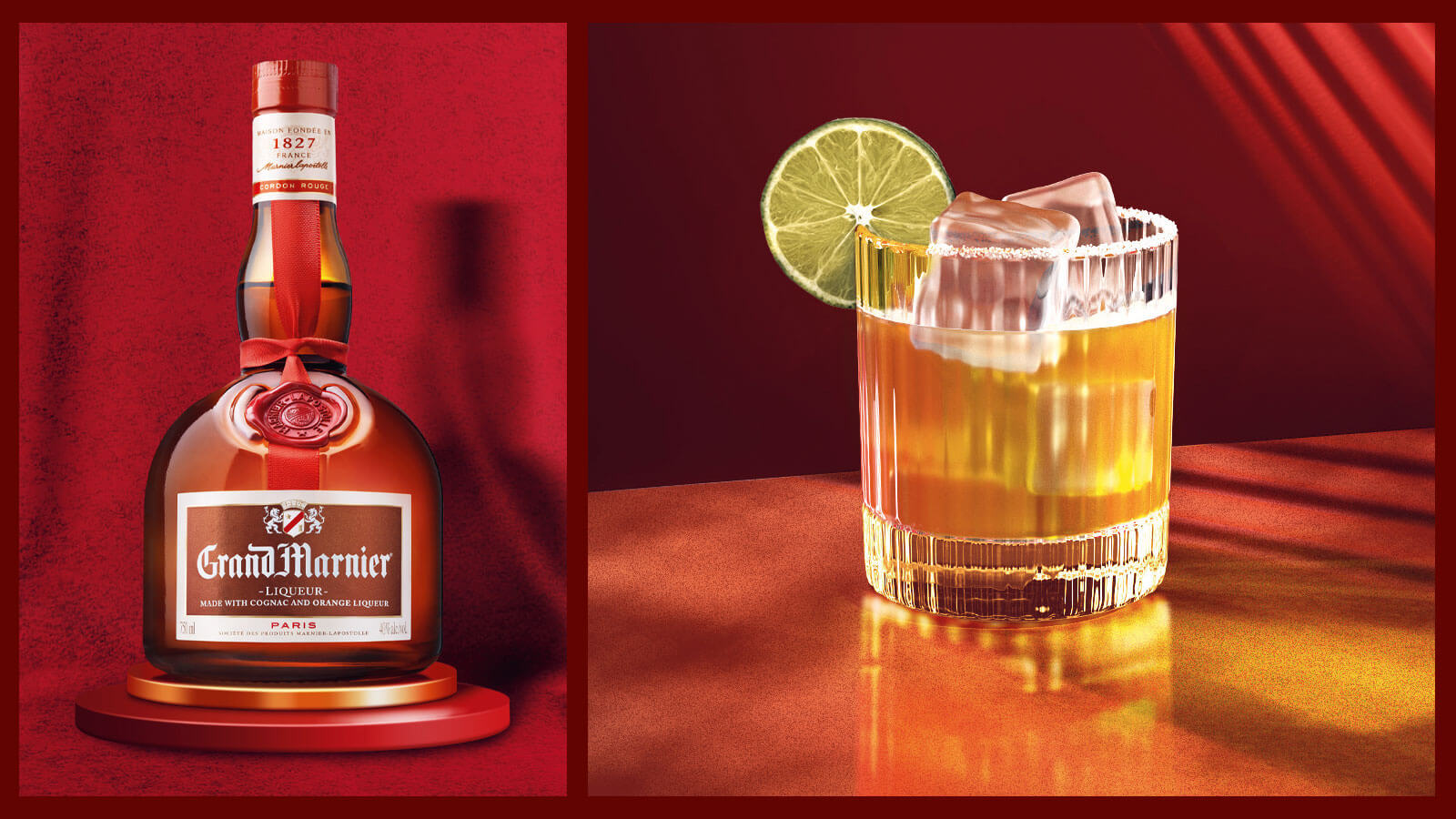Emmental, that's the cheese with the holes. Pilsner, that's a beer first brewed by German brewmaster Joseph Groll in the Bohemian city of Plzeň (German: Pilsen). But this text is not about food pairing. The two products have something else in common.
While only Emmentaler from Switzerland can be found in the Czech Republic, only Czech beers with the name "Pilsner" or "Pils" may(should) be sold in this country. This goes back to the 1927 trade treaty between Switzerland and Czechoslovakia.
A few years earlier, the young republic emerged from the Habsburg monarchy of Austria-Hungary. In the following decades, the protection of Pilsner was renewed several times and this should remain for the time being.
With Pilsner, you can expect a bottom-fermented beer brewed with pale malt, in the best case with Saaz hops, with a slightly higher alcohol content than the simple lager.
Just five years ago, CVP National Councilor Alois Gmür (now Die Mitte), who is also the brewmaster of the Rosengarten AG brewery, submitted a postulate so that Pilsner could also be produced in Switzerland.
The Federal Council refused on the grounds that the treaty with the two successor states of Czechoslovakia was still relevant - and that in return, after all, no "Baarer Bier", "Calanda Bier", "Engadiner Bier" or "Uster Bier" could be produced in the Czech Republic and Slovakia.
Therefore, Pilsner in Switzerland can be virtually equated with the Pilsner Urquell and Budweiser brands (not to be confused with Anheuser-Busch's U.S. brand of the same name).
But what does the German guest drink when he or she wants a «lecker Pils» in Switzerland?
Well, yes. Other countries don't produce Uster beer, but plenty of Pils. Besides the Czech Republic, first and foremost: Germany. According to the German Brewers Association, Pilsner is the most popular beer there and accounts for almost 70 percent of the beer market in the north of the country.
But what does the German guest drink when he or she wants a «lecker Pils» in Switzerland? In Switzerland, the best thing to look for is a «Spezial-Bier». The problem: it's a meaningless term. With Pilsner, you can expect a bottom-fermented beer brewed with pale malt, in the best case with Saaz hops, and with a slightly higher alcohol content than the simple lager.
Of course, the foam on the elegant Pilsner Tulip must not be missing, which also holds particularly well and long due to the higher amounts of hops.
A «Spezialbier», on the other hand, has an original wort content of 11.5 to 14 percent. From a legal perspective, the category is primarily relevant for taxation. It is therefore obvious that a factual designation (which can also apply to an IPA, a stout or a Christmas beer) cannot compete with the clearly defined and positively connoted concept of Pils.
For this reason, beers brewed in the Pilsner style usually bear fantasy names such as Hopfenperle or Braugold in addition to the material designation Spezialbier. They also usually have an alcohol content of 5.2% by volume.
But Switzerland's special approach to Pils is also bearing fruit, as the example of the dark specialty beer proves.

